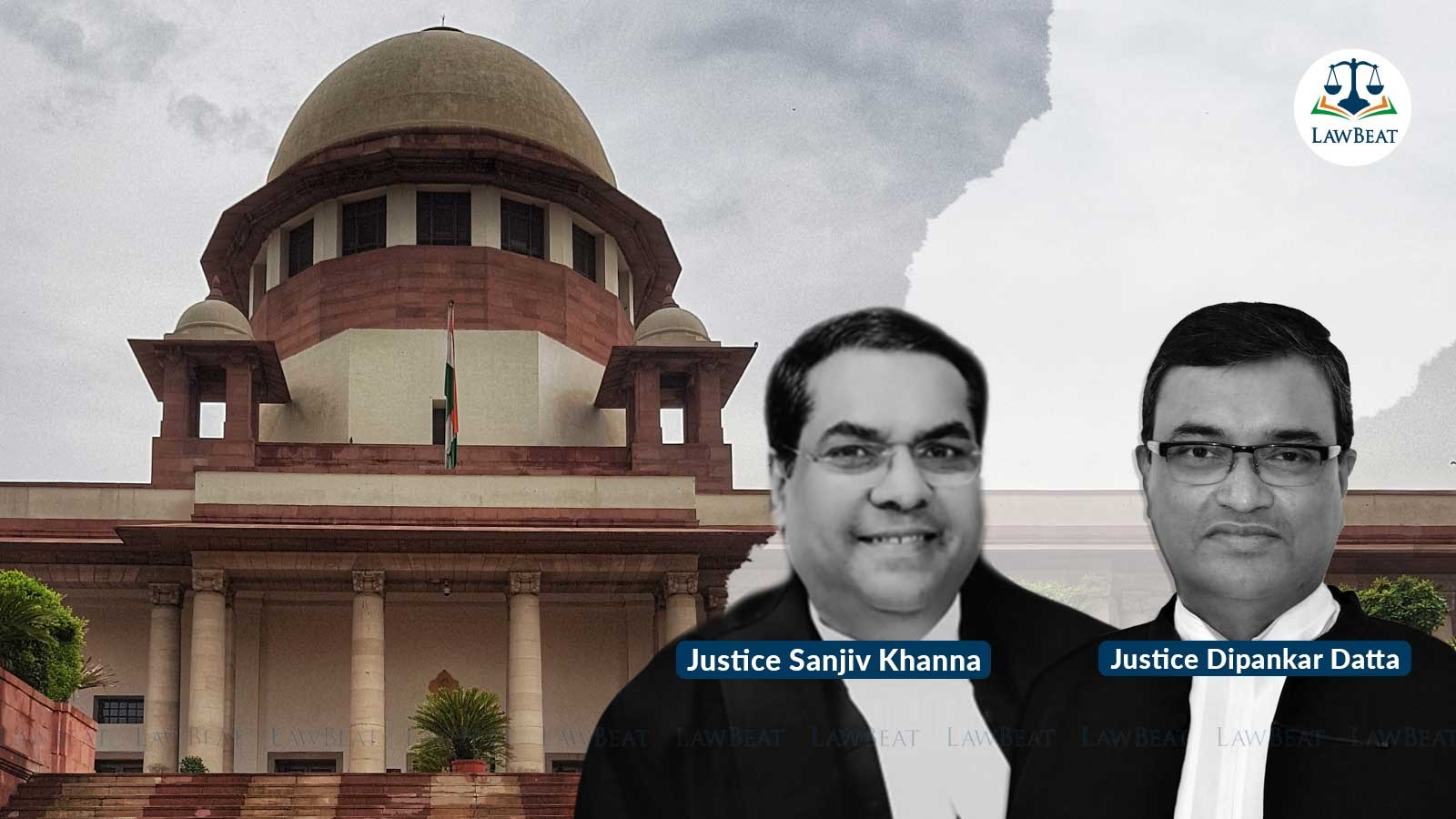Plea seeking Guidelines for identification of Minorities: Top Court gives 'last opportunity' to defaulting states to file details

In the instant plea, the Central Government had earlier submitted before the Top Court that the State Governments also have the power to declare a religious or linguistic community as a ‘minority community’ within the concerned State
The Supreme Court today granted last opportunity to the defaulting states for filing responses in the plea seeking a direction to define ‘minority’ and lay down ‘guidelines for identification of minorities at district level’.
"We will now impose costs", said a miffed division bench on noting that a few states had still not filed their responses.
"Relist in April 2024. In case replies are not filed, defaulting state government to pay a cost of Rs 10,000. Union of India to file their status report at least two weeks before the next date of hearing", a bench of Justices Sanjiv Khanna and Dipankar Datta went on to order.
The instant plea has been filed by Advocate Ashwini Kumar Upadhyay before the Apex Court seeking minority status for Hindus in states where their numbers have gone below other communities. In May 2022, the Ministry of Minority Affairs had informed the Supreme Court that the questions involved in the plea would have far-reaching ramifications throughout the country.
In addition to this, the government had said that any stand taken without detailed deliberations with the stakeholders may result in an unintended complication for the country.
The affidavit had further stated, "The stand to be formulated by the Central Government with regard to issues raised in this group of petitions will be finalized after having a wide consultation with the State Governments and other stakeholders."
Another plea was filed in the Supreme Court challenging the National Commission for Minorities Act alleging that when the Act came into force the Central Government arbitrarily notified Muslims, Christians, Sikhs, Buddhists, and Parsee as minorities.
The plea filed by Religious Leader Devkinandan Thakur states that to date followers of Judaism, Bahaism, and Hinduism who are real minorities in Ladakh, Mizoram, Lakshadweep, Kashmir, Nagaland, Meghalaya, Arunachal Pradesh, Punjab, and Manipur, cannot establish & administer educational institutions of their choice because of non-identification of ‘minority’ at State level.
It has also challenged Section 2(c) of the NCM Act stating that for purpose of notifying a community as a ‘minority’, the Centre is empowered to consider the claim of a particular community for being notified as such under S. 2(c) of the NCM Act and S. 2(f) of the National Commission For Minority Educational Institutions Act (NCMEI Act), and cannot shirk its statutory responsibility.
Case title: Ashwini Kumar Upadhyay vs. Union of India
